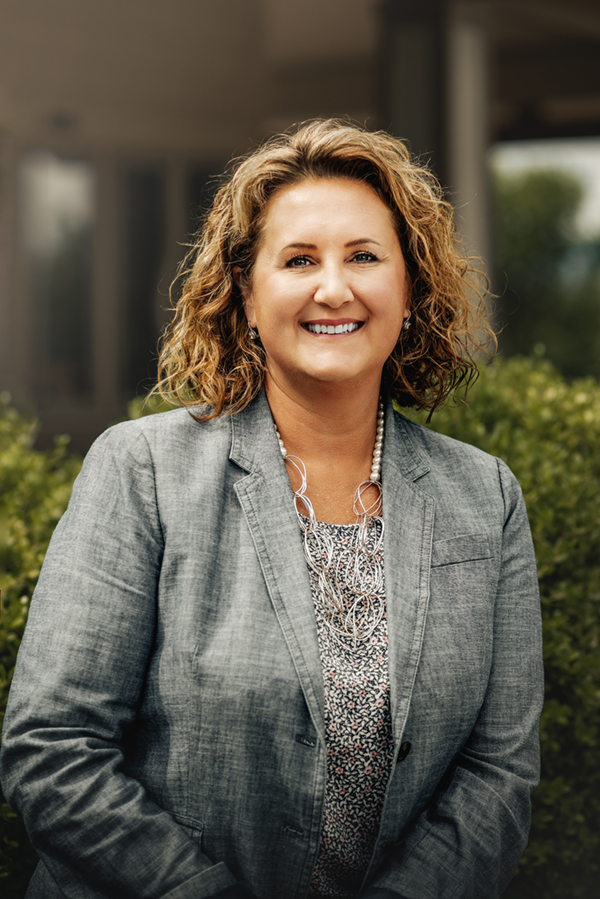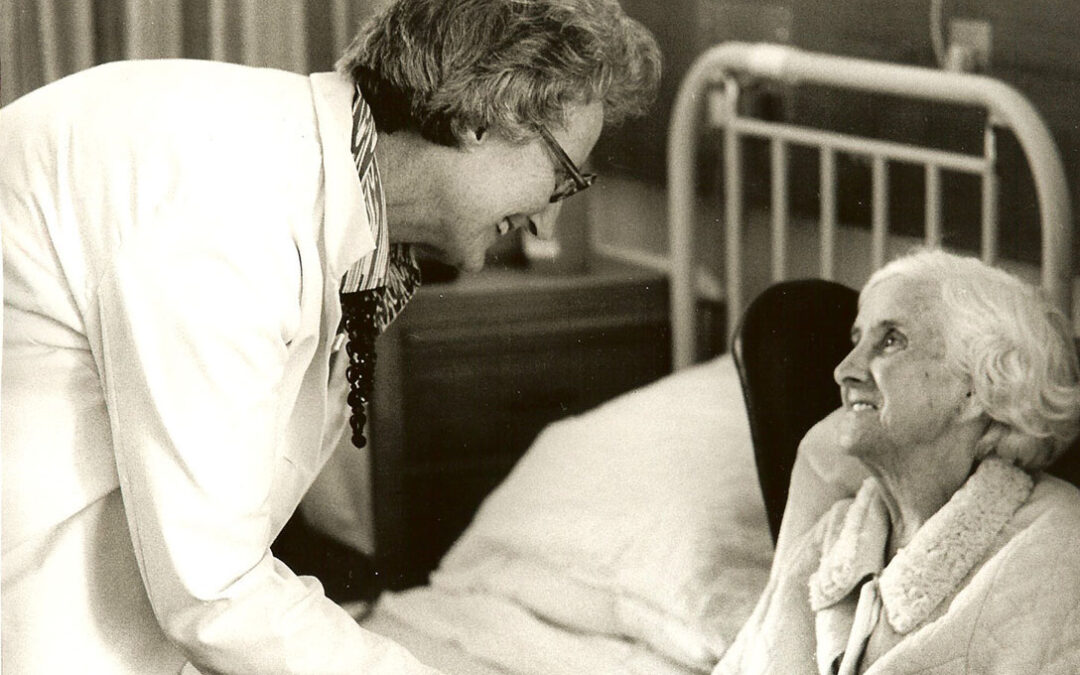By Cassie Mitchell, President and CEO of HopeWest
On this special occasion of Cicely Saunders’ birth week, it is both an honor and a privilege to reflect on the remarkable impact she had on the world through her pioneering work in the hospice movement. As the President and CEO of HopeWest, an organization dedicated to profoundly changing the way western Colorado communities experience aging, illness, and grief, I am reminded of the considerable changes that have taken place in the landscape of hospice care since Saunders’ groundbreaking contributions.
Saunders, often considered the mother of the modern hospice movement, dedicated her life to improving the care and support for individuals facing terminal illnesses. She recognized the need for a holistic approach to end-of-life care, one that focused on alleviating pain and suffering while addressing the emotional, spiritual, and psychological needs of patients and their families. Her visionary ideas challenged the traditional medical model, and emphasized the importance of dignity, compassion, and quality of life during the most challenging moments.
Since the inception of the hospice movement, significant progress has been made in expanding access to high-quality end-of-life care. Hospice care is no longer only for HIV/AIDS patients or those dying from advanced cancer. Hospice care is now recognized as the leading model of care for any serious illness during the final phases of life. This evolution has brought hospice care closer to those who need it most, allowing individuals to spend their final journey in familiar surroundings with their loved ones.
However, as we celebrate the progress made in the hospice movement, it is essential to acknowledge the challenges and evolving needs of our community. The changing landscape of healthcare, increasing regulatory scrutiny, audits, and looming payment reform on the federal level present new complexities and opportunities that require our attention.
While regulatory scrutiny is necessary to ensure quality care, excessive and burdensome regulations and audits can hinder the delivery of hospice services. Hospice providers are increasingly faced with an intricate web of rules and guidelines that can sometimes overshadow the core mission of providing compassionate end-of-life care. The increasing number of audits and surveys creates immense pressure on hospices, and risks diverting mission critical resources away from direct patient care and stifling innovation.
Moreover, the impending payment reform at the federal level poses additional challenges to hospice providers, including nonprofits with little-to-no margin, like HopeWest. The move toward value-based payment models and the push for increased transparency have raised concerns within the industry. While it is crucial to promote accountability and ensure appropriate utilization of hospice services, it is equally important to strike a balance that allows for flexibility and individualized care, respecting the unique needs of each patient.
As we navigate this changing landscape, it is imperative for leaders in the community to come together, advocate for sensible reforms, and preserve the core principles that define exceptional hospice care from nonprofit providers like HopeWest.
Collaboration between providers, policymakers, and regulatory bodies is essential to strike the right balance between oversight and the provision of compassionate end-of-life care.
Furthermore, we must be courageous enough to embrace sustainable practices. This stability and control of one’s fate is worth the abundance of time and energy required upfront. Our commitment to an exceptional experience for every person we serve led us to create “the perfect visit.” Thanks to this meticulous system of care, we will not falter because of market conditions or reactionary trends but will instead provide tremendous comfort, healing, and hope – one family at a time.
To honor Cicely Saunders’ legacy, we must continue to advocate for policies that prioritize patient-centered care and enable hospices to deliver their mission effectively. We need regulatory frameworks that support the provision of high-quality, individualized care while preventing fraud and abuse. Instead of focusing solely on compliance, let us embrace change by fostering an environment that values innovation, patient outcomes, and the overall well-being of individuals and families facing end-of-life challenges.
It’s said that a community can be judged by how it treats its dying, and I couldn’t agree more. We must remember the importance of our role as protectors, ensuring the dignity and support of our neighbors and loved ones during life’s most vulnerable moments. HopeWest is honored to fill this role for our communities.
Interested in volunteering at HopeWest?
Copyright photograph by Derek Bayes via cicelysaundersinternational.org.











